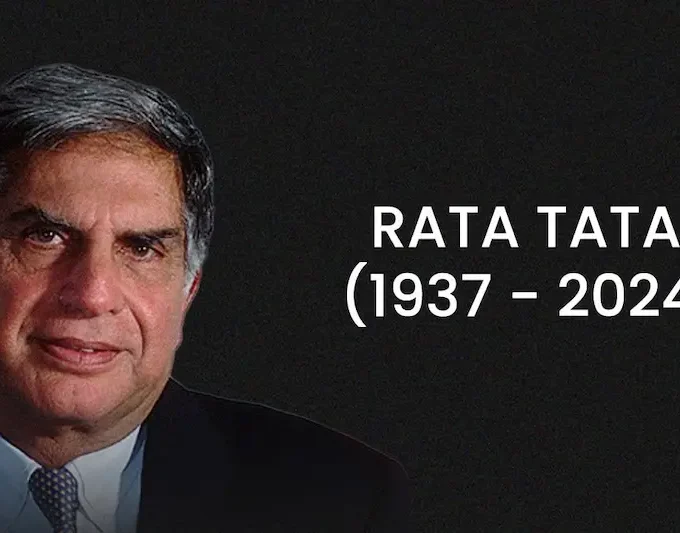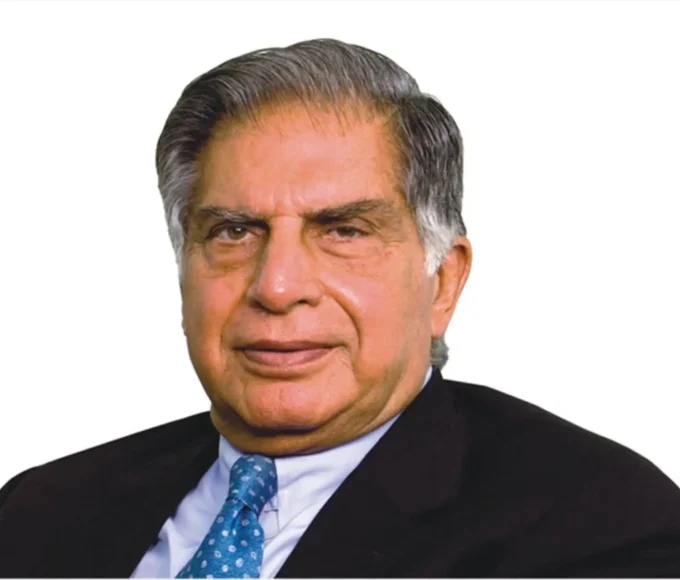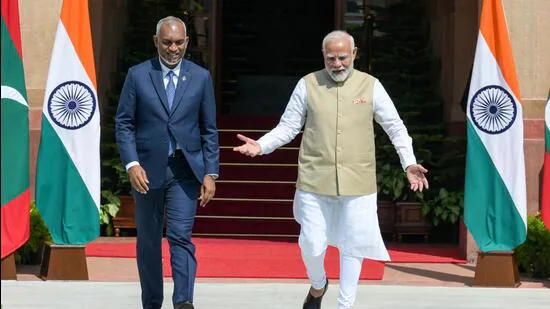Reliance Jio in its letter to
Minister Scindia to the department of telecommunications dated 10/Oct/2024 felt that current consultation paper brought out by TRAI does not adequately address the call for equal treatment for satellite and terrestrial players. Jio also as a same concern ofones aid that the regulatory framework being developed might favor satellite services in a way that it will cause them to compete on an unfair basis with mobile operators such as Jio, Airtel and others.
Jio pointed out that, although the DoT had, in the past, appreciated the need for framed competition, the TRAI’s consultation paper appeared to do so. The paper does not require stakeholders to answer fundamental questions relating to how spectrum must be shared to balance competition between satellite and terrestrial services. Jio believes that this oversight can have huge implications for the telecom space that can open up long term legal battles.
Introducing of the 2G Spectrum Case
On the same note, portfolio rationalization is perhaps the strongest point in Jio’s argument – as the Supreme Court held in the 2G spectrum case, spectrum should be allocated equally and non–discriminatorily. In their letter, Jio claims that under the current position that TRAI is taking, this principle is violated which invites legal attention. The company also pointed out that the lack of response to the matter concerning level competition between various types of networks may lead the consultation process to be controlled by the judiciary.
The Potential Impact
From the letter of Reliance Jio, it has been observed that there is a blurring of line between satellite and terrestrial services which had been more evident with the emergence of FWA. Satellite communication services are no longer only associated with specific specific uses but feature as substitutions for mobile services. Jio fears that such favorable treatment for satellite services in the name of supporting new platforms may harm the current players in the telecom sector and disturb the competitive parity.
In addition, Jio has blamed the DoT and the TRAI for not undertaking proper analysis of the technology and economic aspect of current spectrum distribution mechanisms. Accordingly, Jio has delicate that without right erudition, satellite operators could obtain spectrum through administrative procedures without regard for the long-term market and competitive characteristics as well as fair sharing of the latter.
Jio’s Request
On these considerations Reliance Jio has called upon the Minister for Communications and I.T. Mr.Scindia to initiate moves to ensure that TRAI revises its consultation paper. Again, Jio stressed that this paper must encompass specific questions on how to establish a proper mechanism to auction satellite spectrum in a more transparent system. It has also urged the telecom giant to conduct a deeper assessment of the technological trends and the market conditions in addition to the feasibility of the rules on spectrum allocation.
Failing to consider such problems, Jio states, may lead to satellite operators gaining the right to participate in the mobile market while not being subject to regulatory and financial standards set for terrestrial network operators.
 infoinsightwave.comOctober 14, 20243 Mins read65 Views
infoinsightwave.comOctober 14, 20243 Mins read65 Views













Leave a comment